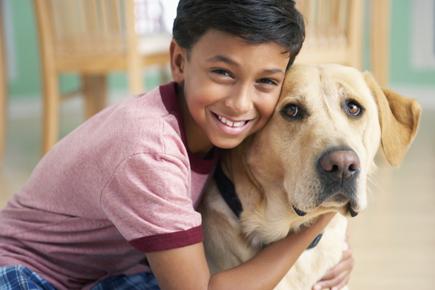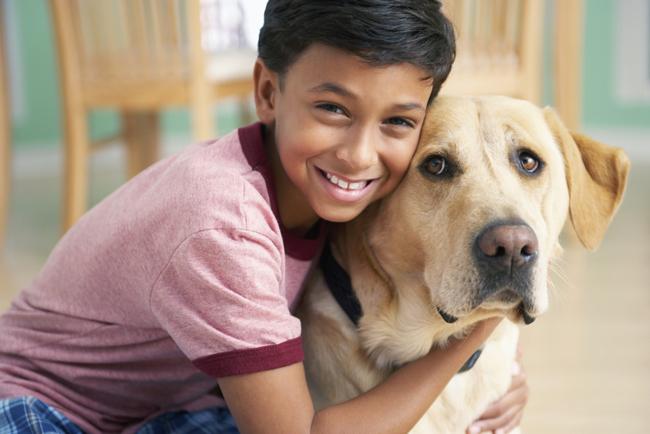Jealousy may not be the sole domain of humans, according to a new study that found dogs can also get possessive when it comes to the love of their master.

Washington: Jealousy may not be the sole domain of humans, according to a new study that found dogs can also get possessive when it comes to the love of their master.
ADVERTISEMENT
Dogs exhibit more jealous behaviours, like snapping or pushing their owner, when their owners displayed affectionate behaviours towards what appeared to be another dog compared to random objects.

Representational Picture
The study by University of California, San Diego psychology professor Christine Harris and former honours student Caroline Prouvost - is the first experimental test of jealous behaviours in dogs.
The findings support the view that there may be a more basic form of jealousy, which evolved to protect social bonds from interlopers.
Researchers show that dogs exhibit more jealous behaviours when the owner showed affection to what appeared to be another dog (actually a stuffed dog that barked, whined and wagged its tail). Dogs exhibited these behaviours more than if the same affection was showered on an object and much more than when the owner's attention was simply diverted by reading a book.
"Our study suggests not only that dogs do engage in what appear to be jealous behaviours but also that they were seeking to break up the connection between the owner and a seeming rival," Harris said.
"We can't really speak to the dogs' subjective experiences, of course, but it looks as though they were motivated to protect an important social relationship," said Harris.
Since there had been no prior experiments on dog jealousy, the researchers adapted a test used with 6-month-old human infants. They worked with 36 dogs in their own homes and videotaped the owners ignoring them in favour of a stuffed, animated dog or a jack-o-lantern pail.
In both these conditions, the owners were instructed to treat the objects as though they were real dogs petting them, talking to them sweetly, etc.
In the third scenario, the owners were asked to read aloud a pop-up book that played melodies.
Two independent raters then coded the videos for a variety of aggressive, disruptive and attention-seeking behaviours.
Dogs were about twice as likely to push or touch the owner when the owner was interacting with the faux dog (78 per cent) as when they were attending to the pail (42 per cent). Even fewer (22 per cent) did this in the book condition. About 30 per cent of the dogs also tried to get between their owner and the stuffed animal. And while 25 per cent snapped at the "other dog," only one did so at the pail and book.
Harris and Prouvost said that their aggression suggests the dogs believe the stuffed animal was a real rival.
They also cite as additional evidence that 86 per cent of the dogs sniffed the toy dog's rear end during the experiment or post-experiment phase.
The study was published in the journal PLOS ONE.
 Subscribe today by clicking the link and stay updated with the latest news!" Click here!
Subscribe today by clicking the link and stay updated with the latest news!" Click here!






